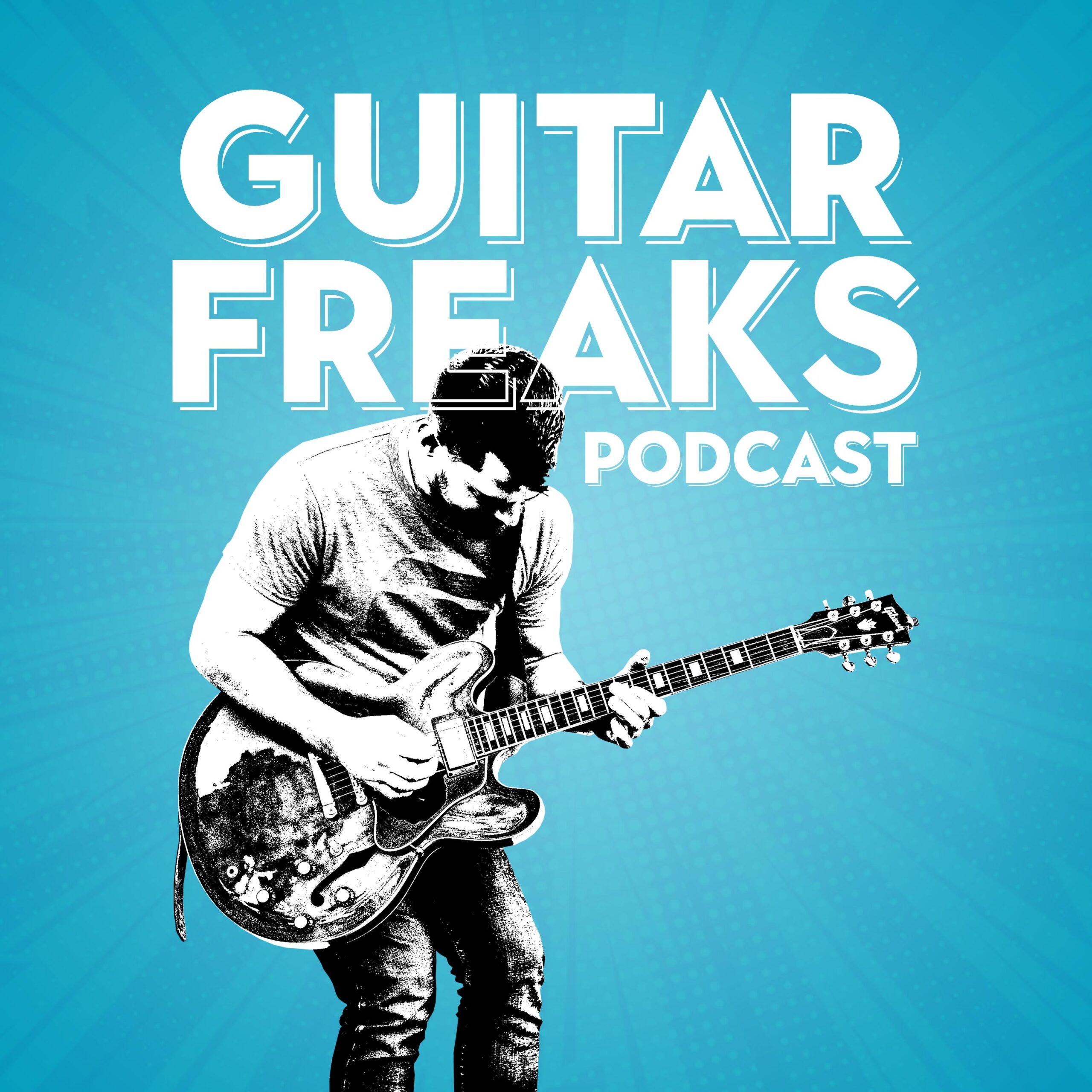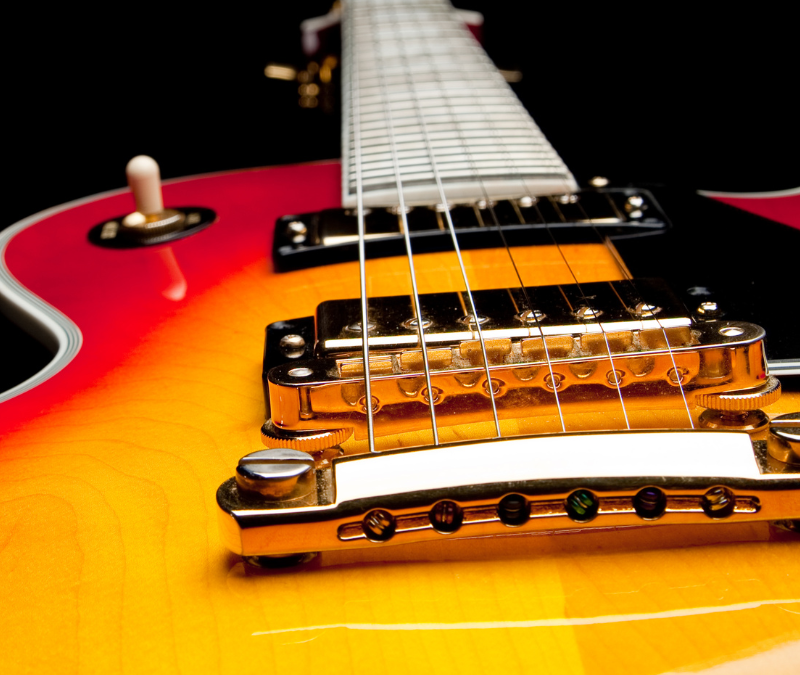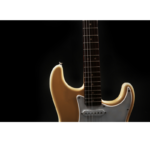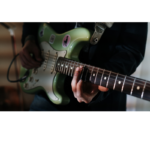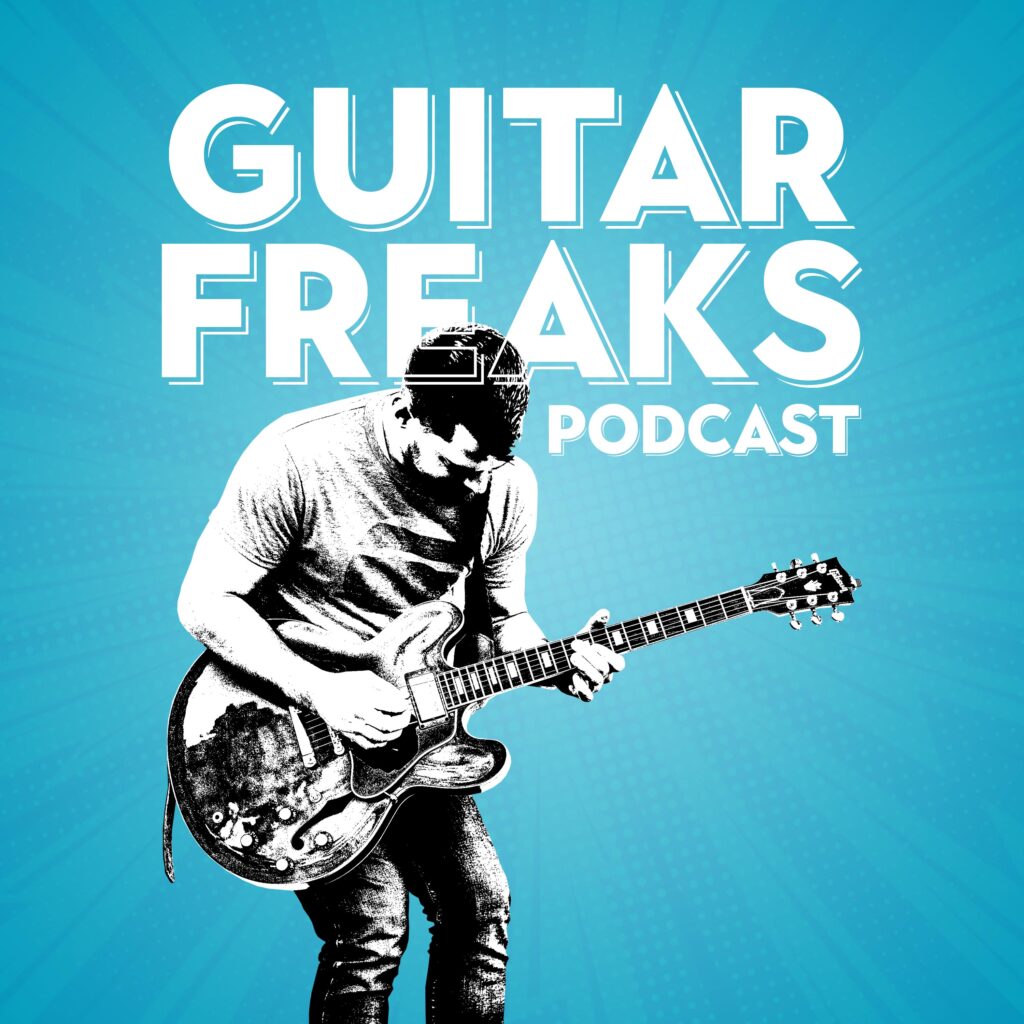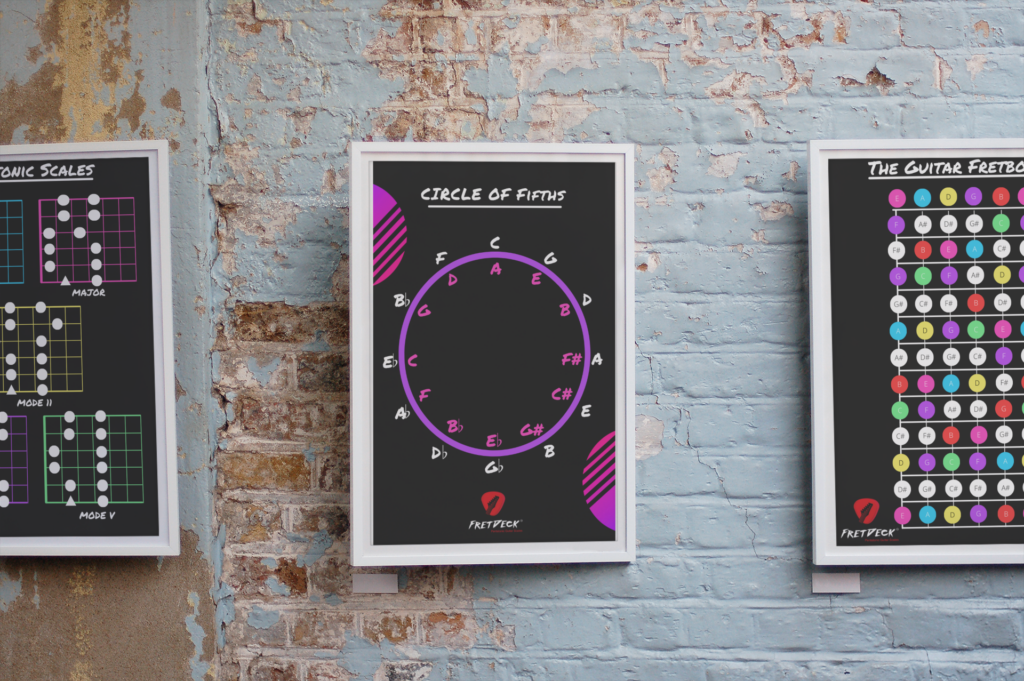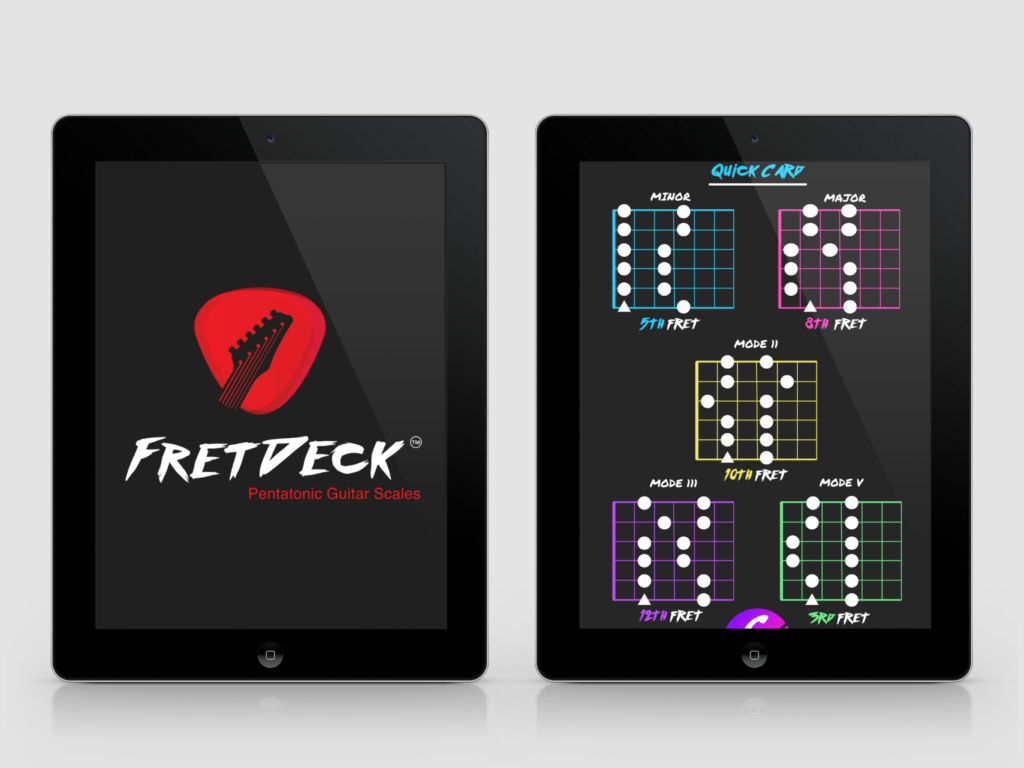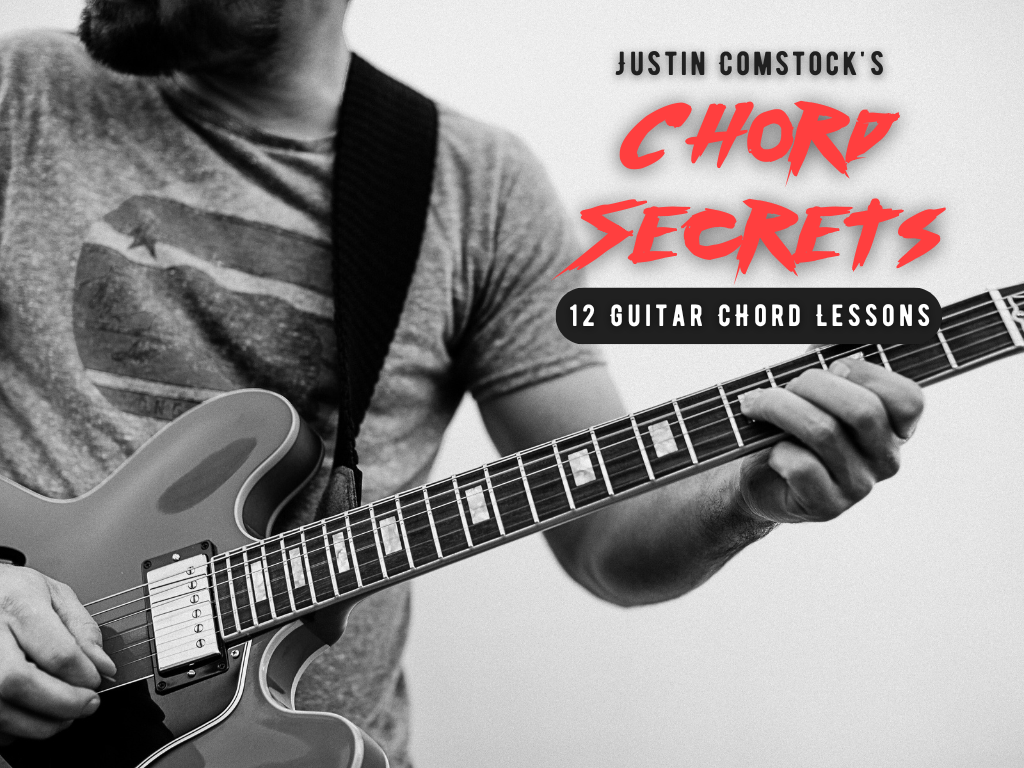Practicing scale exercises for guitar is a cornerstone of every guitarist’s journey. Whether you’re strumming your first chords or perfecting your shred game, scales are an essential tool to improve technique, boost musicality, and unlock the fretboard. But let’s be honest—scale practice often gets a bad rap for being boring or repetitive.
Here’s the truth: practicing scales doesn’t have to feel like a chore. By approaching scales with creativity and clear goals, you can transform your practice sessions into exciting opportunities for growth and discovery. In this guide, we’ll explore practical tips, creative exercises, and strategies to help you practice guitar scales effectively while staying motivated and engaged.
Why Scale Exercises for Guitar Are Essential
Let’s start by understanding why scale exercises are so important. Scales form the foundation of nearly everything you’ll play on the guitar. They teach you how notes relate to each other, help you master the fretboard, and improve your technical abilities.
What Scales Do for Your Playing
- Develop Muscle Memory: Repeated practice of scales trains your fingers to move effortlessly between notes.
- Improve Finger Strength and Coordination: Playing scales challenges your fretting hand and synchronizes it with your picking hand.
- Boost Fretboard Knowledge: Scales reveal how notes connect across the neck, helping you navigate with confidence.
- Enhance Improvisation: Knowing scales allows you to create solos, riffs, and melodies with ease.
- Strengthen Music Theory Understanding: Scales are the gateway to understanding keys, chords, and modes.
Whether you’re jamming with friends, composing your own songs, or performing live, a solid foundation in scales will elevate your playing.
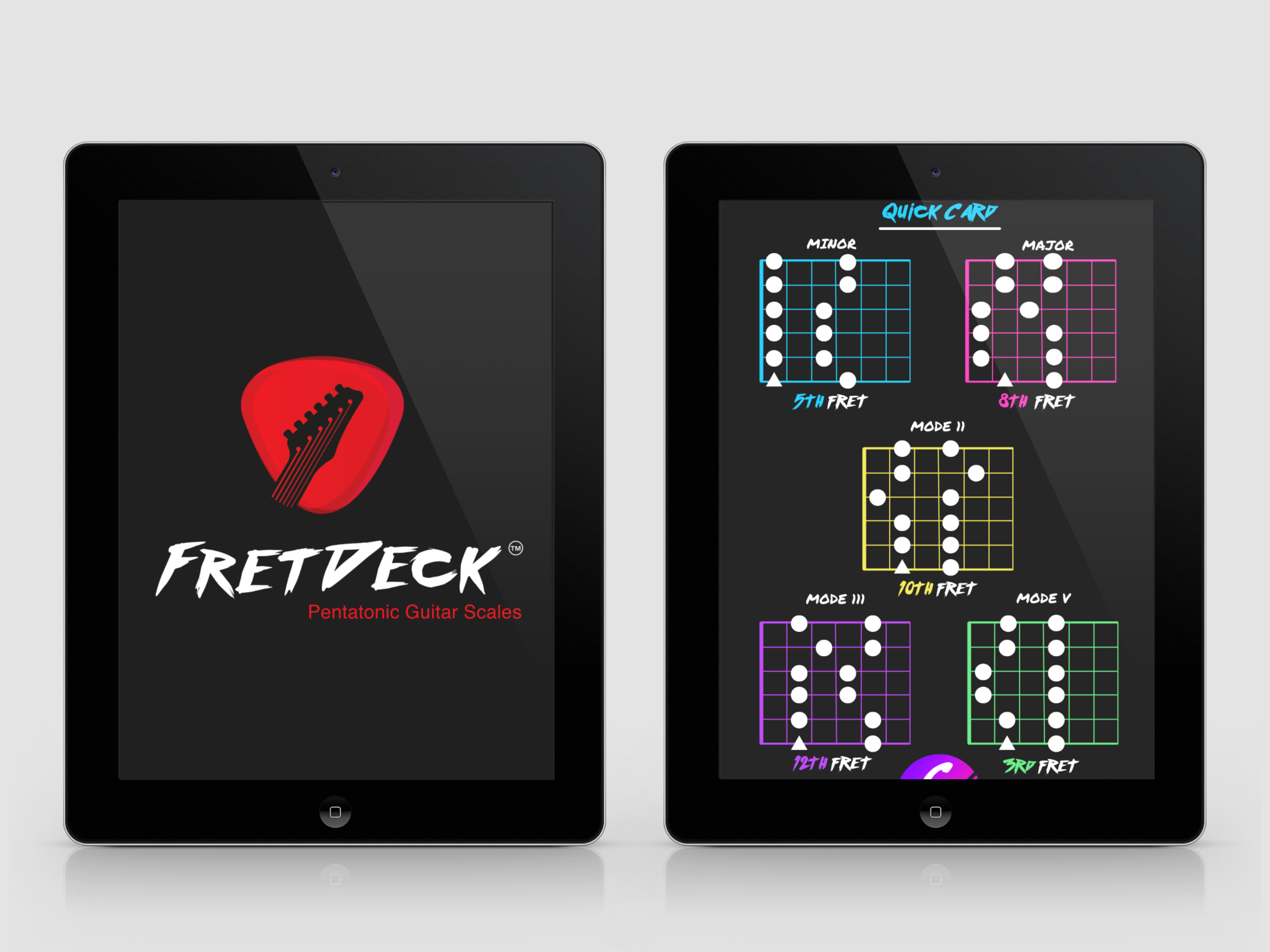
Download The FretDeck & Pentatonic Secrets Course!
Download Our Course
How to Practice Scale Exercises For Guitar Effectively
Mastering scales requires more than running patterns up and down the fretboard. It’s about combining technical discipline with musical creativity. Here are some proven strategies for practicing scale exercises for guitar effectively:
1. Set Clear Goals for Every Practice Session
Mindlessly running through scales can lead to burnout and frustration. Instead, define a specific goal for each session. Ask yourself:
- Am I working on finger strength or speed?
- Do I want to master a specific scale shape?
- Am I learning how to connect scales across the fretboard?
Example Goal:
- If you’re focusing on accuracy, practice the A minor pentatonic scale with strict alternate picking, ensuring every note is clean and clear.
- For speed improvement, use a metronome to play the G major scale, starting slow and gradually increasing the tempo.
2. Practice Scales in a Musical Context
Practicing scales in isolation can feel disconnected from actual music. To make your practice more meaningful, incorporate scales into real musical scenarios. Play along with backing tracks, improvise over chord progressions, or jam with friends.
Exercise:
- Use the C major scale to improvise over a simple I-IV-V progression (C, F, G). Experiment with phrasing and dynamics to make your solo melodic.
- Try the A minor pentatonic scale over a blues backing track, focusing on creating expressive licks rather than playing the scale linearly.
3. Explore Patterns and Variations
Instead of always playing scales straight up and down, challenge your fingers and brain with patterns and sequences. These variations improve dexterity and make practice more engaging.
Popular Scale Patterns:
- Thirds: Play every third note (e.g., C, E, D, F, E, G).
- Four-Note Sequences: Play the first four notes, then shift to the next four (e.g., C, D, E, F → D, E, F, G).
- Skipping Strings: Play scales while skipping strings to build precision.
Pro Tip: Start patterns slowly to ensure accuracy, then gradually increase your speed.
4. Break Scales Into Smaller Sections
Trying to tackle an entire scale across the neck can feel overwhelming. Instead, break it into manageable chunks. Focus on mastering one position or just two strings at a time before connecting them into larger shapes.
Exercise:
- Play the E minor pentatonic scale only on the low E and A strings. Once comfortable, move to the D and G strings. Finally, connect all positions.

Download The FretDeck & Pentatonic Secrets Course!
Download Our Course
5. Add Rhythmic Variations
Scales don’t have to sound robotic. Experimenting with rhythm can make practice more enjoyable and improve your timing.
Exercise Ideas:
- Play the G major scale as triplets, then switch to sixteenth notes.
- Practice the A minor scale with a swing feel.
- Use a metronome to stay consistent, and challenge yourself by playing scales in odd time signatures like 5/4 or 7/8.
6. Incorporate Dynamics and Articulations
Make your scales musical by adding dynamics (volume changes) and articulations like slides, hammer-ons, pull-offs, and vibrato. These techniques turn scales into expressive tools rather than mechanical exercises.
Exercise:
- Ascend the D major scale with hammer-ons and descend with pull-offs.
- Add vibrato to the final note of each scale run for extra expression.
7. Challenge Yourself with Creative Exercises
Keep your practice sessions exciting by introducing challenges:
- Reverse Practice: Start scales at the highest note and descend instead of always ascending.
- Play Blindfolded: Close your eyes while practicing to strengthen muscle memory and ear training.
- Use Unusual Intervals: Instead of following traditional scale patterns, jump in larger intervals like fourths or fifths.
These creative approaches push your skills and keep practice fresh.
Creative Scale Exercises for Guitar
Here are some specific scale exercises for guitar players to incorporate into their routine:
Exercise 1: Metronome Speed Builder
- Choose any scale (e.g., C major) and play it at 60 BPM.
- Increase the tempo by 5 BPM every two minutes.
- Track your progress over time to see how fast you can play cleanly.
Exercise 2: Three-Octave Scale
- Play the G major scale across three octaves.
- Focus on smooth position shifts and consistent tone.
Exercise 3: String-Skipping Pentatonics
- Play the A minor pentatonic scale, but skip every other string.
- This improves precision and alternate picking technique.
Exercise 4: Improvisation Drill
- Loop a simple chord progression (e.g., D, G, A).
- Improvise using the D major scale, focusing on connecting notes musically rather than playing random patterns.
Staying Motivated During Scale Practice
Maintaining motivation is crucial for long-term progress. Here are some tips to help you stay on track:
1. Set Micro-Goals
Break larger goals into smaller, manageable tasks. For example, aim to master one scale shape or one pattern each week.
2. Track Your Progress
Keep a practice journal or use an app to record your achievements. Seeing how far you’ve come is incredibly rewarding and motivates you to keep going.
3. Join a Community
Practicing with others makes the journey more enjoyable. Share your progress, get feedback, and learn from fellow guitarists in a supportive environment.
Join the Guitar Freaks Hangout on Discord
Practicing scales doesn’t have to be a solitary experience! Join the Guitar Freaks Hangout on Discord, a vibrant community of guitar enthusiasts who share tips, jam ideas, and support for one another. Whether you’re a beginner or a seasoned player, you’ll find plenty of inspiration and encouragement.
Conclusion
Practicing scale exercises for guitar is an essential part of every guitarist’s journey. With the right approach, scales can become a source of joy, creativity, and growth rather than a tedious chore. By setting clear goals, incorporating musicality, and challenging yourself with creative exercises, you can keep your practice sessions engaging and productive.
So, what are you waiting for? Grab your guitar, try out these exercises, and take your playing to the next level! And don’t forget to join the Guitar Freaks Hangout on Discord to connect with like-minded players and share your progress. Let’s make scales fun together! inspired to keep improving. Let’s make scale practice fun together!
Check out Beginner Guitar Scales: Mastering the Pentatonic Scale for tips and exercises to level up your scale practice!
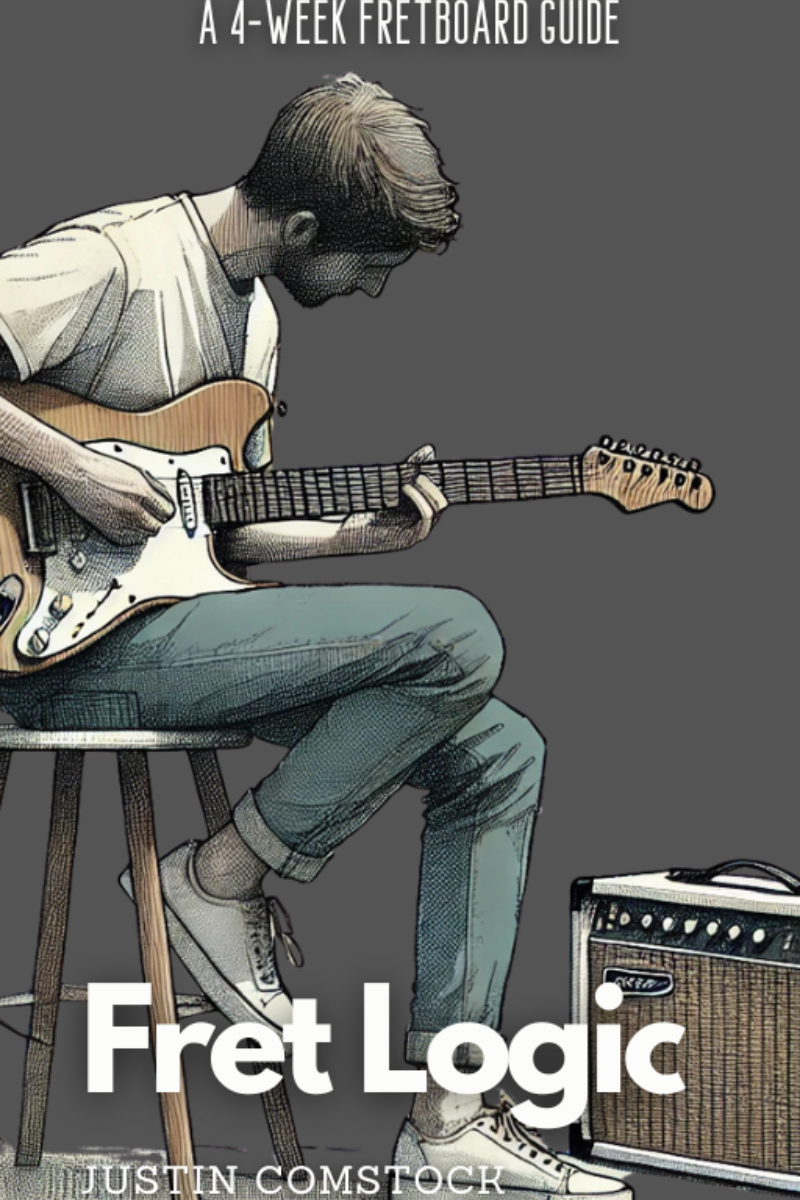
Join Guitar Freaks Hangout on Discord! 🎸
Get Fret Logic FREE!
Join the Guitar Freaks Hangout Discord and get exclusive access to my entire e-book, Fret Logic! Master the fretboard and elevate your solos with this comprehensive guide.
👉 Don’t miss out—join now and download your free copy!
